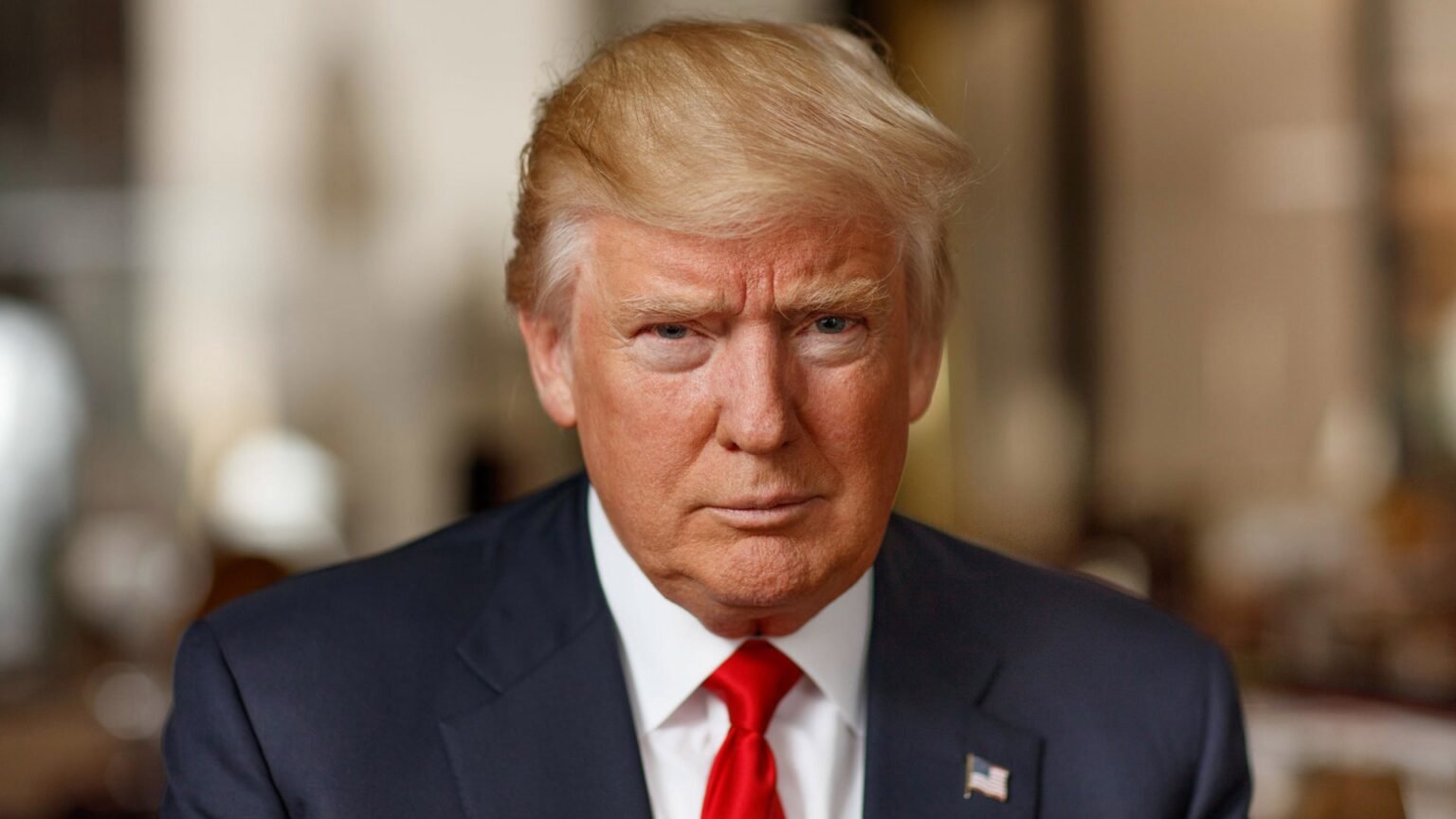Trump erroneously asserts that the Justice Department is constrained as he faces two federal cases ahead of the November election.
Former President Donald Trump has claimed that the Department of Justice (DOJ) follows a “60-day rule” which prohibits it from taking certain law enforcement actions against candidates in the lead-up to U.S. elections.
If Trump’s assertion were accurate, it would have significant implications as he faces two federal indictments: one in Washington, DC, related to his efforts to overturn the 2020 election, and another in Florida for allegedly mishandling classified documents. Here’s what Trump said:
In response to an updated indictment filed last month in the federal election case in Washington, DC, Trump wrote on Truth Social, “It is DOJ policy that the Department of Justice should not take any action that will influence an election within 60 days of that election – but they just have taken such action.”
This claim has been echoed by others; for instance, Judge Aileen Cannon, a Trump appointee, recently questioned federal prosecutors in the Florida case about whether holding a trial before the election would breach this rule.
However, legal experts have disputed Trump’s position. Jay Bratt, a federal prosecutor in the Florida case, informed Judge Cannon that since Trump had already been indicted, no rule or norm would be violated. So what is Trump referring to?
Trump is likely alluding to an informal and somewhat ambiguous guideline adopted by DOJ officials over the years. A 2018 report from the DOJ’s inspector general clarifies that “no Department policy contains a specific prohibition on overt investigative steps within a particular period before an election.” Nonetheless, it acknowledges that many officials have followed an unwritten practice to avoid overt law enforcement and prosecutorial activities close to an election, typically within 60 to 90 days before Election Day.
The report specifically examined the decision by former FBI Director James Comey to reopen an investigation into Democratic candidate Hillary Clinton’s emails just 11 days before the 2016 election. Comey later described avoiding actions that could influence the election as a “very important norm.”
Does Trump have any legal recourse? No. Since the guideline is informal and not a legal requirement, it functions as a best practice rather than a strict rule. Its application is at the discretion of DOJ officials.
Legal scholars further argue that Trump cannot claim unfair treatment because the guideline generally applies to significant actions, such as filing new indictments. Since Trump was indicted well before the 60-day window, this guideline would theoretically not affect the ongoing federal proceedings in Washington, DC, and Florida.
Moreover, the guideline does not apply to Trump’s upcoming sentencing in New York or the pending trial in Georgia, as both are state-level proceedings and the guideline pertains only to federal cases. Lastly, even if Trump’s claim about the rule were correct, Special Counsel Jack Smith filed the updated indictment on August 27, which is 70 days before the November 5 vote.


